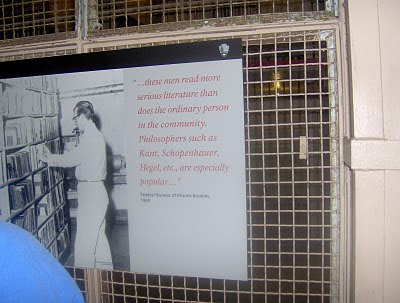In the end, two things really touched me. First, Tisdale writes about how parents with disabled children learn to give up on their dreams and expectations for their children.
Ambivalence is a normal state for me. It is hard to articulate what I seem to have lost, because it is something I never had. Annie was never going to go to law school—we knew that. Eventually we knew she was not even going to drive a car. What I miss is something vague and dreamy about a daughter growing up. I have fantasies of high school girls giggling in a bedroom behind a closed door, of long phone calls. I feel grief for the past, for all that there was none of, and grief for the future, for what there may be none of yet to come. Every parent loses a child, several children, as each successive child passes into the next—the chrysalis of the infant becomes the toddler, the toddler gives way to the child, the child to the youth and finally the adult. This is one element of being a parent, of being alive, though there is an enduring sorrow in realizing not that the child has died but that the adult anticipated will never be born.In Rauch's piece, I was touched by how accepting assisted living, accepting dependency, can be seen as the last act of parental care and affection. Rauch talks of the difficulties involved with caring for his aging, dying father: cleaning up his father's poop, spending whole days at the doctor's offices, receiving panicked calls from his father's worried neighbors, and so forth. His father, afflicted with Parkinson's, insisted on his independence until it became too much:
As I reached my own breaking point...my father caught sight of my distress. He would not accept assisted living on his own account, but when I told him that he was already in assisted living but that I was the assistance; that I was overwhelmed, underqualified, and barely hanging on emotionally; that I wanted to be his son again, not a nurse and nag and adversary—when I told him all that, and when his sister and the social worker chimed in, he acceded. He was still, after all, my father, and it was still his job, he understood, to care for me....Another phase of the story then unfolded, ending with his death in December. His last gesture to me, so very characteristic, was to wave me away. He wanted me to go on with my life rather than hover by his bedside.Accepting help was his father's final act of love, his final way of taking care of his son, his final act of fatherly sacrifice, stricken and dying as he was.
















